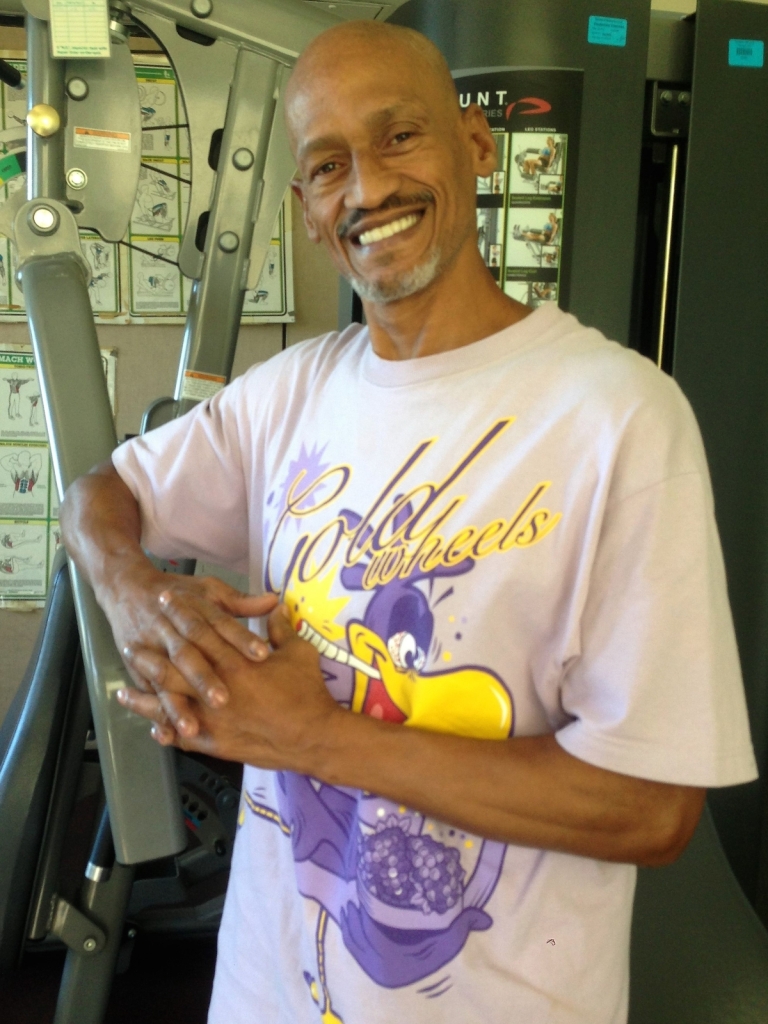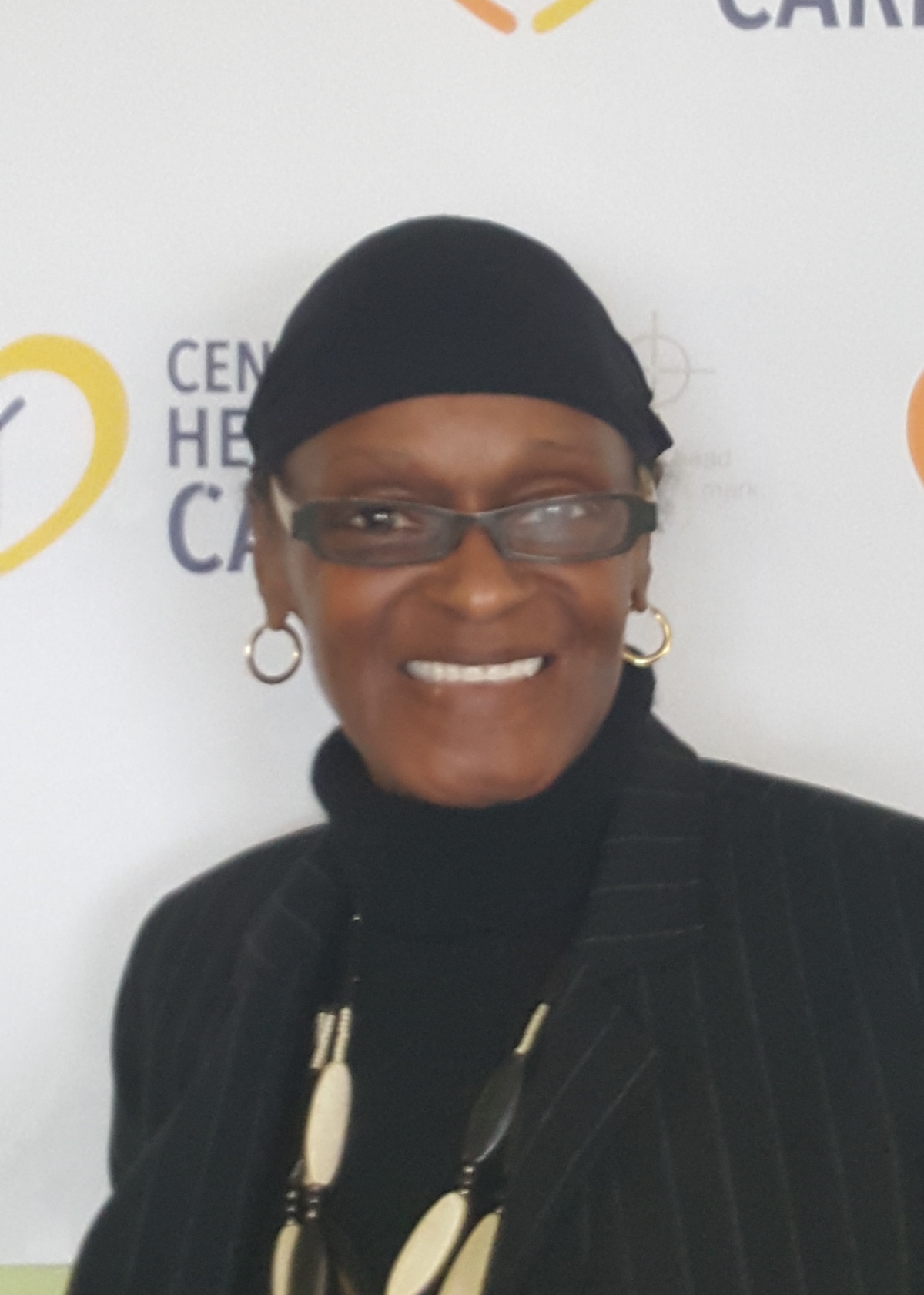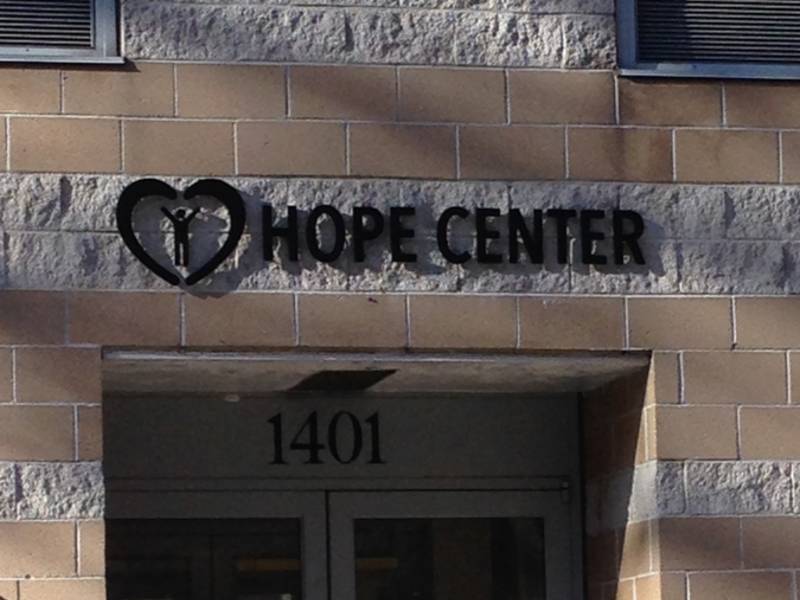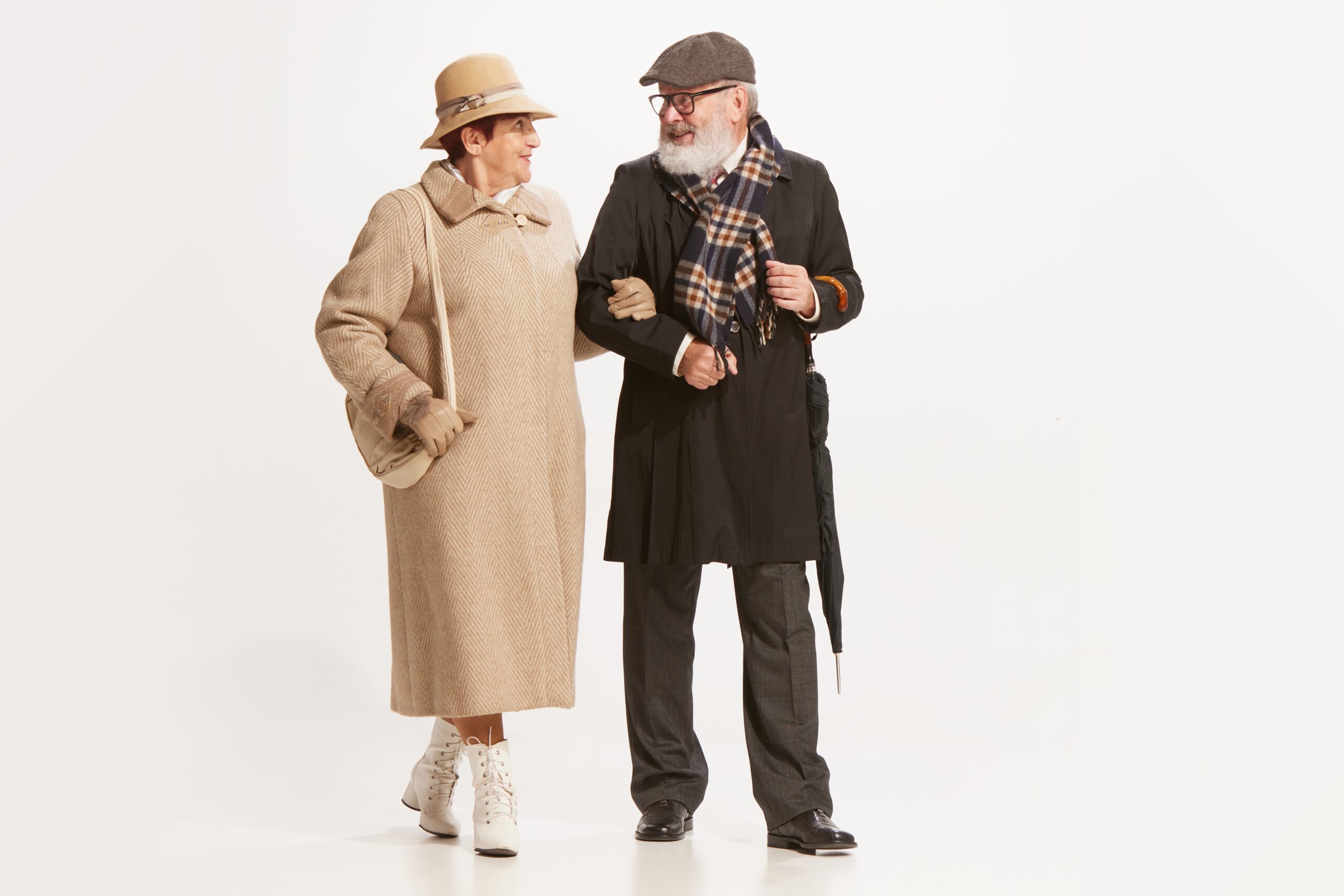Before this country discovered that the only way to combat the AIDS epidemic was through various localized educational programs, infected people were shunned away and attacked by society as being dirty and infectious. Today, we know more than we did 36 years ago when the first stories surfaced about the disease and we also now know that people can live a normal and productive life after being diagnosed with HIV. This is why the Hope Center, a 66-bed nursing home and rehabilitation facility on University Avenue exists. It’s also why two of its’ residents, Osvaldo Otero and Roberto Saintkitts, are among many at the Center who have benefited from the many programs being offered, as well as the professional therapy they continue to receive.
Originally from Brooklyn and using a walker these days, 55 year-old Mr. Otero is a former alcoholic, heroin user, dealer and is HIV positive. In his worst days, Osvaldo was bed ridden with pneumonia, and was disoriented while detoxing. During the early 1990s, Osvaldo lived a life of drug dealing and violence, a life that got him incarcerated upstate New York for twenty years. Osvaldo learned first-hand of prison life whereby violence by correction officers and what drug use was like behind bars.

Osvaldo Otero, November 2017
“Without a doubt, there were a lot more drugs in the jails than on the streets,” Otero recalled. “I never did heroin until I was upstate because I the drug took a toll on my brothers. So I was lonely and depressed in prison and that’s when it (heroin usage) started.”
These days at Hope Center, in addition to receiving a positive drug-free direction, Osvaldo takes full advantage of the programs offered and he especially likes the various group therapy sessions.
“We go to the movies, to plays and just recently, we went on a spiritual retreat in New Jersey,” said Osvaldo. “It is your choice to take part in these activities and I feel these programs are great. I’ve learned to educate myself, so I’ve put those days (drug use) behind me.”
From Alphabet City on Manhattan’s Lower East Side, 60 year-old Roberto Saintkitts was also incarcerated upstate New York for heroin abuse and dealing. Roberto, also HIV positive, a great-grandfather of two, and a grandfather of seven, he came from a giving family when he was young. In those years in school, Roberto didn’t go to class much and later, he had trouble holding down various jobs so he made money selling drugs. Roberto spent the years from 1978 to 2009 in and out of jail. Although both of his parents are still around, his father, currently in the hospital and paralyzed, was too an alcoholic at one time.

Roberto Saintkitts, November 2017
“I was given a choice at one time to do another four years upstate or a drug program, so I took the drug program because I knew I needed help,” remembers Saintkitts. “I was never in a drug program so this (Hope Center) turned out to be a good for me because they provide me with everything I need, like group sessions, counselors, psychologists, social workers and I love going to the gym, and studying for my GED. I’m really happy how things have turned out now.”
Sadly, Roberto still has friends who are doing drugs, but with four months left at Hope Center, he is looking forward to get an apartment and to stay clean. His family is happy that Roberto made the right decision but, as Roberto says, ultimately it’s up to the person to make the right choice in life.
Donna Bryant, Substance Abuse Counselor at Hope Center, works with patients who have a history of drug and alcohol addiction while living with HIV. 17 years at the facility, Bryant stresses that it’s not that substance that the focus is on, it’s the behavior and negative thinking. During the assessment for a new patient, she days it’s good that they hear themselves say how long they’ve been taking drugs. Bryant and her team addresses certain behavioral and thinking patterns, looking to steer them from bad repetitive habits that got them on the streets in the first place.

Donna Bryant, Substance Abuse Counselor at Hope Center
“They come here for a lot of reasons and recidivism is high here, like any other drug treatment center,” says Bryant. “Some are here because they are hiding from a loan shark, others are here because of an arrest or they need the medication. There are many who want to get better and want to achieve a tangible goal, yet some don’t follow their goals and they fall back. Some are doing just great.”
With Osvaldo, Roberto and many others at Hope Center, things are looking up. During this holiday season, they reflect on the struggles they once had, and see the Hope Center as the place that saved them, giving them a future.






